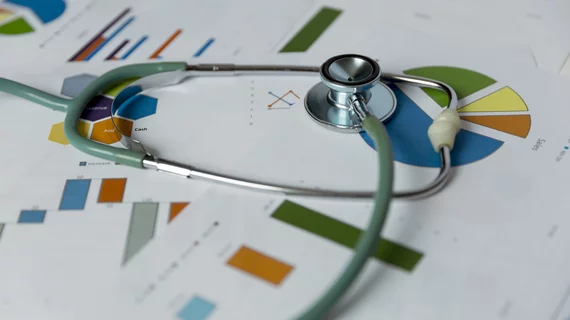Survey says strong optimism for healthcare M&A in 2019
Healthcare M&A isn’t expected to slow down next year, according to a survey of healthcare executives by Capital One.
In the next 12 months, 42 percent of executives expect M&A activity to be higher, while 48 percent expect expect it to remain the same. Only 10 percent believe M&A will be lower.
Capital One completed its survey of 123 CEOs, CFOs and other senior executives at healthcare companies and private investment firms in September 2018.
Healthcare deal volume has continued to remain high over the last several quarters.
Even better, optimism “remains high in the healthcare services sector,” according to the survey, with 72 percent of executives expecting their business performance to be better in the next 12 months versus the past 12. The remaining 28 percent believe it will remain the same.
Among the areas with the highest expected growth over the next year, executives most frequently pointed to healthcare information technology, with nearly half (46 percent) citing it as the top growth segment.
Home health and hospice was another hot growth area, with 31 percent, while assisted living & skilled nursing and insurance providers both received 8 percent. Pharmaceuticals was selected by 6 percent of respondents as the top growth segment, followed by medical devices at 3 percent.
Executives are also looking at value-based care, but most, 62 percent, said they were “just beginning” the transition to value-based care. Only 2 percent said they were fully transitioned and 6 percent were nearly complete. More than 20 percent said they were about halfway into the move to value-based care.

